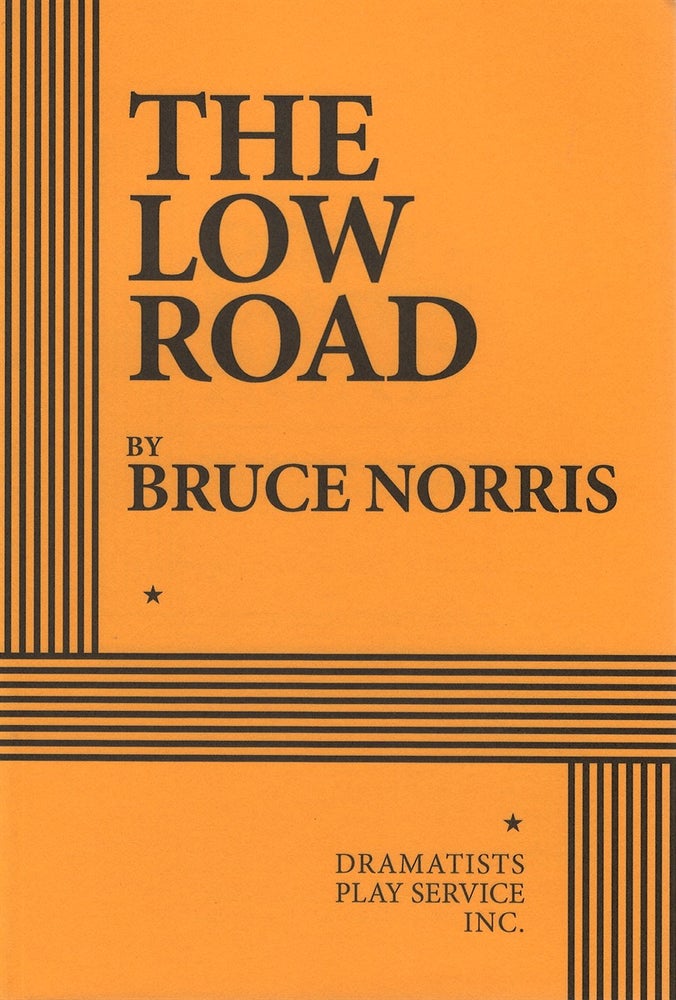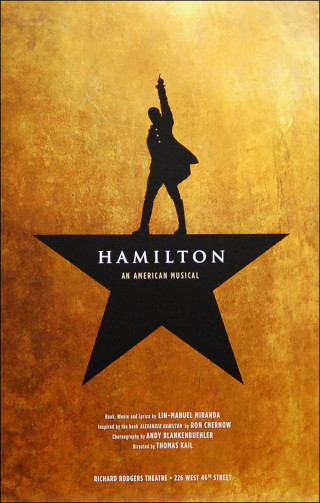Bruce Norris’s new play The Low Road, which had its U.S. premiere in spring 2018 at New York’s Public Theater, asks a very important question. What if a bastard, orphan, son of a whore sets out to seek his fortune in revolutionary America … but instead of becoming a hero and a scholar, he simply reveals himself to be a terrible person?
In the mordantly anti-Hamiltonian The Low Road (2013), the orphaned Jim Truitt (last name changed from the original production’s “Trumpett,” for obvious reasons), happens upon the doctrine of self-interest during his youth in a Western Massachusetts brothel, and decides to make himself its lifelong devotee and prophet. Truitt, played in the Public Theater’s production by the sublimely punchable Chris Perfetti, soon sets off to seek his fortune–that is to say, he insults, rapes, thieves, and murders his way across Revolutionary America, with a pithy speech about self-interest at the ready for every occasion.
With Adam Smith presiding as the play’s mild-mannered omniscient narrator, a familiar portrait of America soon appears, in which just about everyone is on the make. Norris’s main point, in this very post-2008 play, is that Truitt’s dogma of the free market is a socially destructive fiction that feeds on and perpetuates social inequality. Jim is an orphan who owes his life to a woman’s uncompensated care, a male who makes his first money by selling women’s bodies, and a white man who always gets the benefit of the doubt in his disputes with a black man. Norris demonstrates the hollowness of Truitt’s “free market” ascent most effectively by comparing it to the far more poignant struggles of Jim’s foil, the enslaved John Blanke, for freedom, romantic love, and meaningful patrimony.
What makes this play worth watching, however, is not the moral lesson it delivers but the broad slyness with which it undercuts this lesson at every turn. The play’s characters are all compromised in some way: mothers turn out to be selfish, religious figures bigoted, officers of the law corrupt. Even the noble John Blanke turns out to be a bit of a bore, and–worse yet–a lousy playwright. A lot of this is pretty funny, which is a good thing, because it distracts us from some of the play’s underlying aimlessness. The narrative arc of Hamilton draws a flawed hero toward a destiny that he more or less deserves. By contrast, The Low Road ends with a bewilderingly rapid series of twists of fortune that (spoiler alert) kill off a lot of characters for no particular reason.


